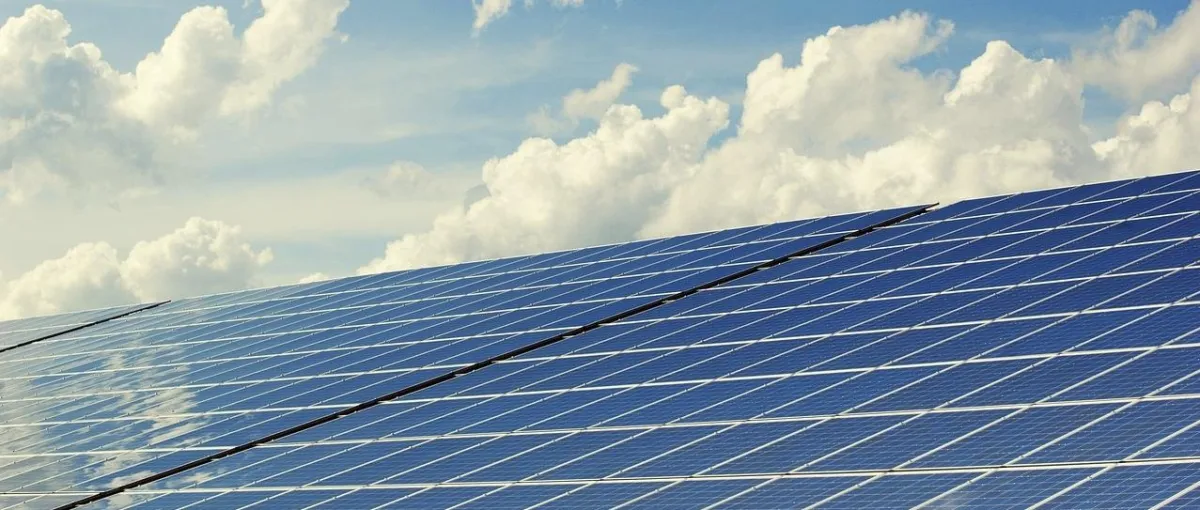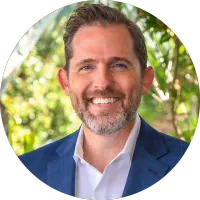Blog

Solar Panels and Other Energy Sources: The Green Solution with a Dark Side
Solar Panels: The Green Solution with a Dark Side
Solar panels are a popular green solution for generating electricity. They help reduce our reliance on fossil fuels and lower our carbon footprint. But what happens when they stop working? Solar panels have a lifespan of about 25-30 years. After that, their efficiency drops, and they need to be replaced.
Here’s where the problem starts: recycling solar panels is not as easy as it sounds. Traditional panels contain materials like silicon, aluminum, and sometimes toxic elements like cadmium and lead. Recycling these materials can be expensive and challenging. If not done correctly, these panels can end up in landfills, leaching harmful substances into the soil and water.

The economic viability of recycling solar panels is another significant issue. The cost of recycling can often be higher than the value of the recovered materials, making it less attractive for companies to invest in recycling programs. This economic challenge is compounded by the limited availability of specialized recycling facilities capable of handling solar panels. Without proper infrastructure, many end-of-life panels are improperly disposed of, contributing to environmental pollution.
Furthermore, regulatory gaps exacerbate the problem. Inconsistent regulations across regions create challenges in implementing uniform recycling practices. Some areas lack Extended Producer Responsibility (EPR) laws, which mandate manufacturers to manage end-of-life disposal, leaving the burden on consumers and local waste management systems.
Energy Storage Systems: A Double-Edged Sword
Energy storage systems, like Tesla Powerwalls, are essential for storing the electricity generated by solar panels and other renewable sources. These systems use lithium-ion batteries, which are great for storing energy but come with their own set of problems.

Lithium-ion batteries contain valuable materials like lithium, cobalt, and nickel, as well as toxic electrolytes. Recycling these batteries is complicated and costly. If not recycled properly, they can cause fires or release toxic chemicals into the environment. Just like solar panels, improper disposal of these batteries can lead to serious environmental issues.
The technical complexity of recycling lithium-ion batteries presents significant challenges. Safe extraction of valuable materials without releasing hazardous substances requires advanced processes that are not widely available. The economic factors, similar to those of solar panels, also play a role. The cost of recycling these batteries often exceeds the value of the materials recovered, discouraging widespread recycling efforts.
Environmental risks associated with improper disposal of lithium-ion batteries are severe. Fire hazards, caused by the flammable nature of battery components, can lead to dangerous situations in landfills and recycling centers. Additionally, toxic leaching from batteries can contaminate soil and water, posing health risks to humans and wildlife.

The Bigger Picture
The push for renewable energy and advanced technology is crucial for our future. However, we need to consider the entire lifecycle of these technologies, from production to disposal. The hidden energy costs and environmental impacts of cybersecurity measures, solar panels, and energy storage systems highlight the need for better recycling practices and sustainable solutions.
To address these issues, companies and governments are starting to implement better recycling programs and regulations. Innovations in recycling technology are also helping to make the process more efficient and less costly. For instance, new methods of recycling solar panels and batteries are being developed to improve material recovery rates and reduce environmental impact.
Moving Forward
Moving forward, it is essential to adopt a holistic approach to managing the lifecycle of renewable energy technologies and cybersecurity infrastructure. This involves not only focusing on the initial benefits of these technologies but also ensuring that their end-of-life disposal is handled responsibly. By promoting sustainable practices, we can minimize the environmental impact and make the most of the resources available to us.
In my opinion, organizations can play a significant role in this transition by investing in energy-efficient data centers and adopting green cybersecurity practices. Energy-efficient data centers use renewable energy sources and optimize cooling systems to reduce their carbon footprint. Green cybersecurity involves implementing energy-efficient security measures and regularly updating systems to prevent breaches, thereby minimizing the need for hardware replacements and reducing electronic waste.
I believe that governments and regulatory bodies also have a crucial role in promoting sustainable practices. Implementing stricter regulations for the disposal and recycling of solar panels and energy storage systems can ensure that these technologies do not harm the environment. Encouraging innovation in recycling technology and providing incentives for companies to invest in sustainable practices can further drive positive change.
The concept of a circular economy, where products are designed for easier recycling and reuse, is gaining traction. By adopting a circular economy approach, we can create a system where waste is minimized, and resources are reused efficiently. This not only helps protect the environment but also promotes economic growth by creating new industries and job opportunities in the recycling sector.

Cybersecurity is critical in our digital age, but it comes with hidden energy costs and environmental impacts. By understanding these issues and working towards sustainable solutions, we can ensure that our efforts to protect data and generate clean energy don't come at the expense of our planet. Let's stay informed and think about the bigger picture when it comes to energy and the environment.
As we continue to advance technologically, it is vital to balance innovation with sustainability. By taking proactive steps to address the hidden energy costs and environmental impacts of cybersecurity and renewable energy technologies, we can build a future that is both secure and sustainable. Let’s work together to create a world where technology and the environment coexist harmoniously, ensuring a better future for generations to come.

About PhilanthroInvestors
PhilanthroInvestors combines traditional venture capital financing tools with philanthropic principles to achieve social impact. By secure, meaningful, and profitable investments, they bring capital and also change people’s lives.
PhilanthroInvestors are currently working in four sectors – Housing, Water, Health and Environment – and will be adding more investment sectors in the future. PhilanthroInvestors founder Ivan Anz owns companies on three continents and has investors in 14 countries.
Discover how investing with us can secure your future. Get in touch here.
© 2024 l PhilanthroInvestors®
THE CONTENT OF THIS SITE DOES NOT CONSTITUTE AN OFFER TO SELL OR THE SOLICITATION OF AN OFFER TO BUY ANY SECURITIES.





